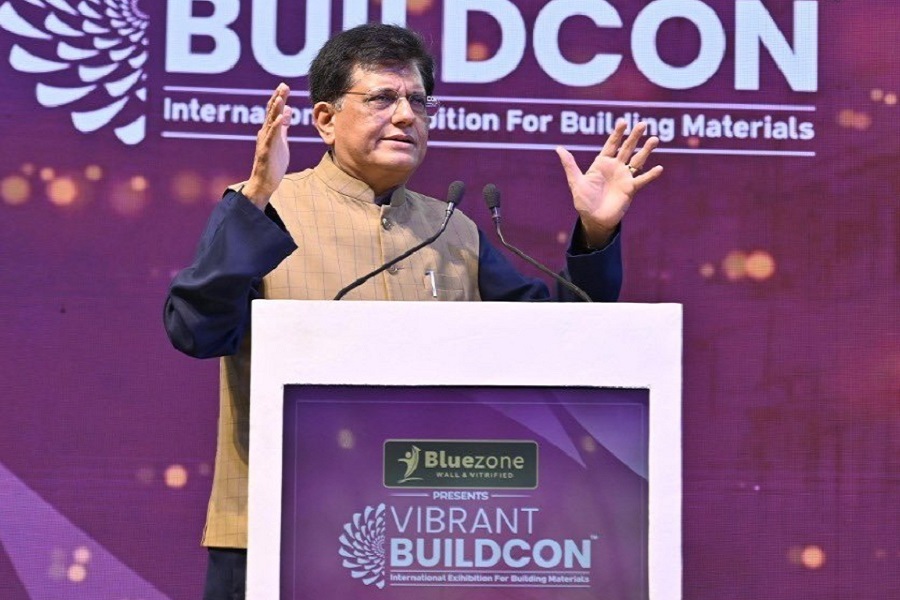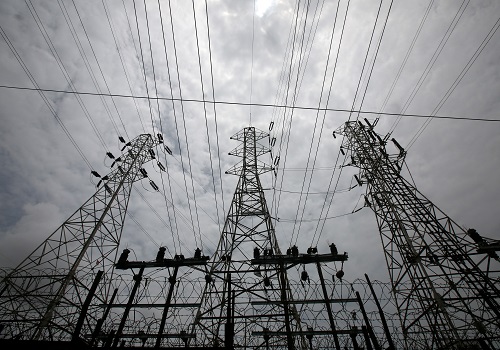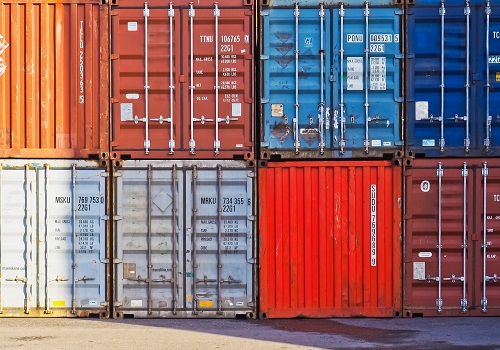India-based corporates have low direct exposure to US tariffs: Fitch Ratings

Fitch Ratings has said India-based corporates have low direct exposure to US tariffs, but sectors that are currently unaffected, including pharmaceuticals, could be hit by further US tariff announcements. The US has imposed a 25 per cent 'reciprocal' tariff on India with effect from August 7, 2025, and an additional 25 per cent levy will be effective August 27, as a penalty for Russian oil imports.
At 50 per cent, India is subject to maximum tariff among Asian economies on exports to the US. It said the risk of second-order effects from existing tariffs is also rising. A US-India trade deal, if secured, would reduce these risks. Russian crude accounts for about 30-40 per cent of crude imports for Indian oil marketing companies (OMCs), with its discounted price supporting their profitability. It currently assumes a minimal direct tariff impact on Indian IT service companies and domestically focused sectors such as upstream and downstream oil and gas, cement and building materials, engineering and construction, telecoms, and utilities.
It stated ‘However, if US tariffs are sustained at levels significantly higher than in other Asian markets, we see moderate downside risks to our projection that the economy will grow by 6.5 per cent in FY26. This would weigh on the operating performance of more Indian companies.’
Fitch Ratings has said India-based corporates have low direct exposure to US tariffs, but sectors that are currently unaffected, including pharmaceuticals, could be hit by further US tariff announcements. The US has imposed a 25 per cent 'reciprocal' tariff on India with effect from August 7, 2025, and an additional 25 per cent levy will be effective August 27, as a penalty for Russian oil imports.
At 50 per cent, India is subject to maximum tariff among Asian economies on exports to the US. It said the risk of second-order effects from existing tariffs is also rising. A US-India trade deal, if secured, would reduce these risks. Russian crude accounts for about 30-40 per cent of crude imports for Indian oil marketing companies (OMCs), with its discounted price supporting their profitability. It currently assumes a minimal direct tariff impact on Indian IT service companies and domestically focused sectors such as upstream and downstream oil and gas, cement and building materials, engineering and construction, telecoms, and utilities.
It stated ‘However, if US tariffs are sustained at levels significantly higher than in other Asian markets, we see moderate downside risks to our projection that the economy will grow by 6.5 per cent in FY26. This would weigh on the operating performance of more Indian companies.’




















